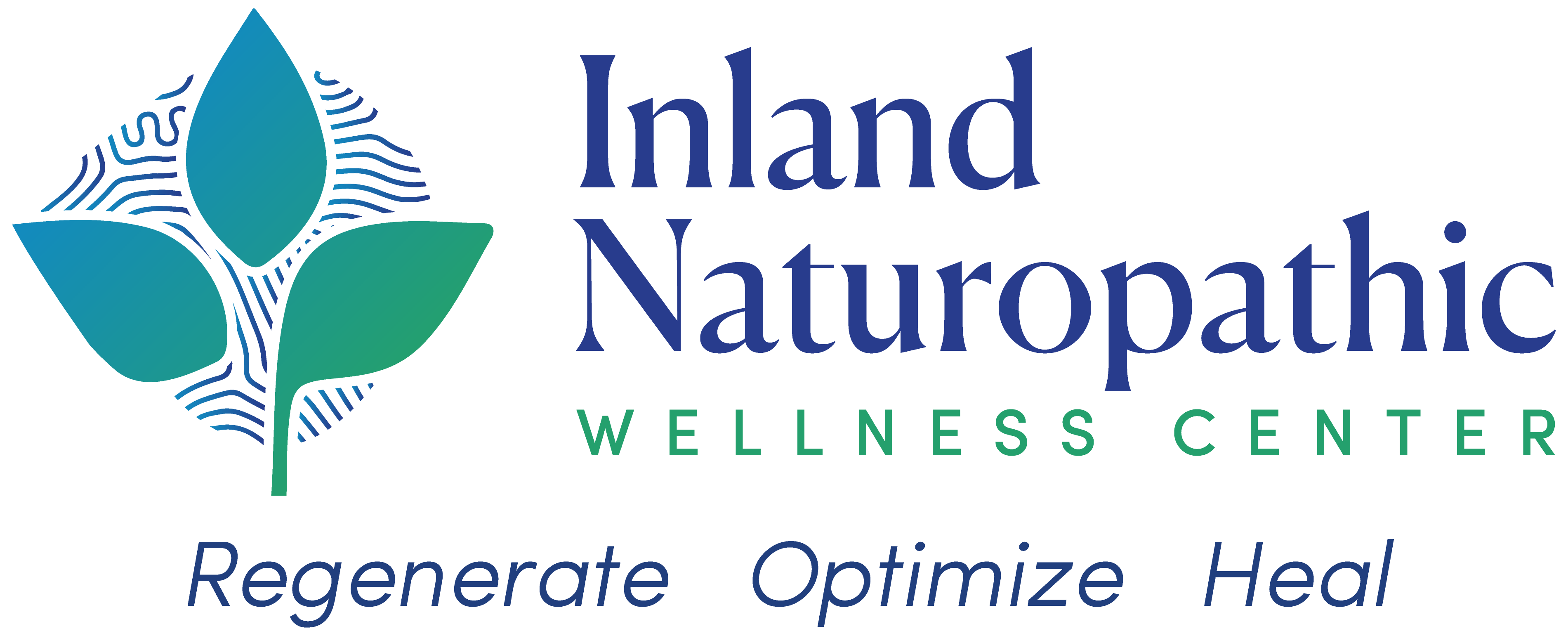Sexual dysfunction symptoms
Sexual dysfunction in both perimenopause and menopause affects between fifty to eighty percent of the women in this population. Symptoms of female sexual dysfunction include painful sexual intercourse, vaginal dryness, incontinence, vaginal atrophy, and urinary urgency. All of these can lead to lowered sex drive as well as lowered enjoyment. These uncomfortable and intimate symptoms relate to the decline in the hormone estrogen that accompanies menopause and mark the decline in elasticity, thickness, and lubrication of vaginal and vulva tissues.
Unfortunately, most women find the various over the counter, one-size fits all remedies and pharmaceutical estrogen, largely ineffective at improving symptoms or healing vaginal tissue. In fact, synthetic estrogen increases the risk of blood clots, vaginal irritation, abnormal vaginal discharge, endometrial proliferation, pelvic pain, bloating and nausea. Women often find these side effects or the risk of them as concerning as the sexual dysfunction itself. Women suffering from the painful, embarrassing and intimacy blocking effects of sexual dysfunction, should know there are effective options for them. Below, I discuss a few options that benefit vaginal health and restore sexual function.
Listening to your needs and treating your concerns
To improve sexual function, I begin with an examination of overall health and test for underlying imbalances so symptoms can be properly addressed. This is the best way to clear confusion, provide answers, and to begin healing. As a Naturopathic Doctor, I find treatment options for sexual dysfunction often center around estriol, a unique form of estrogen. Estriol is the weakest and safest form of estrogen. It’s the main reason why it has the benefit of being both non-proliferative and safe for reproductive tract and breast tissues. Moreover, estriol is very hydrating to the tissue of the vaginal canal, helping reverse vaginal dryness, atrophy, and incontinence. The hormones dehydroepiandrosterone (DHEA) and oxytocin also provide unique qualities when used along with estriol. DHEA is a parent compound of both estrogen and testosterone. DHEA stimulates the collagen fibers of the vaginal tissue to help improve overall satisfaction during sexual intercourse. Another useful hormone in sexual dysfunction is oxytocin. Known as the love and bonding hormone, oxytocin is responsible for uterine contractions and increasing orgasms during sexual intercourse. In this way different concerns related to sexual dysfunction can be safely and effectively remedied using a single hormone or even hormones in combination depending on the concern.
To improve sexual health and intimacy, any underlying issues related to hormonal imbalance should be assessed and treated. Listening to each woman’s unique concern is the first step to helping. At Inland Naturopathic Wellness Center, we work with women using an in-depth, step-by-step process that includes thorough testing and use of the most advanced natural therapies. Women struggling with sexual dysfunction are invited to book a complimentary Discovery Call to learn how our comprehensive approach can help give you the health and outcome you deserve.
About Author: Dr. Sasha Blissett
Dr. Sasha Blissett is a California State licensed Naturopathic Doctor, who found her passion for naturopathic medicine while battling her own health and skin issues. She specializes in women’s health and takes the time to listen to her patient’s health concerns so she can understand and address the root cause of illnesses. Dr. Blissett is a member of the Association for the Advancement of Restorative Medicine, the Integrative Dermatology Learnskin, and California Association of Naturopathic Doctors.

